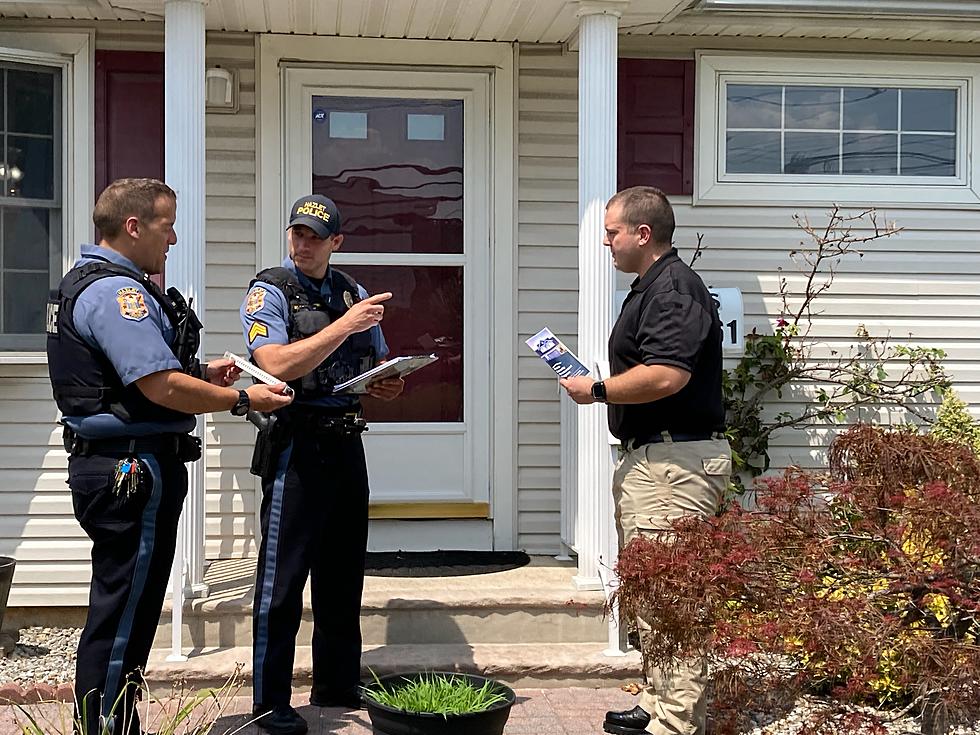
Another NJ town targets anti-Biden signs
Another New Jersey resident is battling his town and neighbors over anti-Joe Biden signs that contain profanity.
Officials in Hazlet have given a resident 10 days to take down signs in his yard that read "F--- Joe Biden." The 27-year-old says he will not comply.
The man posted on his Facebook page: "I will not be censored, your feelings do not trump my rights.” He also shared a copy of the ordinance violation he received from the town.
Like a similar case on Roselle Park involving anti-Biden signs that have profanity, local officials cited offensive language that could be viewed by children.
In each of these cases, homeowners refused to comply and took to social media to defend what they say are their First Amendment rights. While legal experts generally agree homeowners are given great latitude over what they can display on their property, including profanity, there is enough gray area in case law that these instances can be challenged.
In Roselle Park, Andrea Dick has been ordered to court on July 15 for refusal to remove her signs. She has already said if the judge orders her to remove the signs, she will not comply and is prepared to take things "to the next level." In the Hazlet case, the violation notice told him to remove the signs "so that further action will not be necessary."
In 2015, the US Supreme Court unanimously ruled against the town to Gilbert, Arizona, in their efforts to restrict a local resident from displaying political signs in his yard.
In Reed v. Gilbert, Justice Clarence Thomas wrote the First Amendment prohibited "content-based" restrictions on such signs. However, in the Reed case, profanity was not an issue. In both the Hazlet and Roselle Park cases, however, the ordinances cited do not restrict signal on private property, per se, but rather cite the profane nature of the message. That is where the gray area lies.
The definition of what defines "profane," has vexed courts for decades. A landmark Supreme Court case in 1971 ruled a shirt that had "F--- the Draft" written on it was protected free speech.
Seton Hall Law Professor Thomas Healy told the Asbury Park Press words that were once considered profane, may no longer be considered so. That includes the F-word.
"There is no way it qualifies as profane," Heally told the Press.
NJ towns that actually cut property taxes in 2020
THE DEFINITIVE LIST OF THE SWEETEST ICE CREAM PARLORS IN MONMOUTH AND OCEAN COUNTIES
More From New Jersey 101.5 FM









